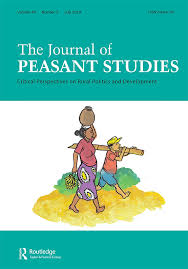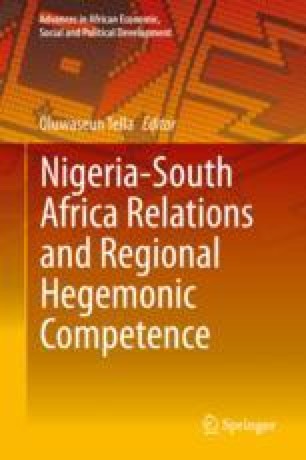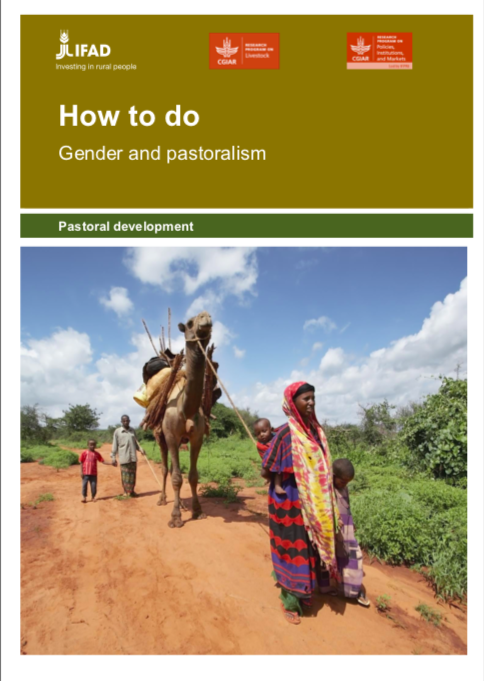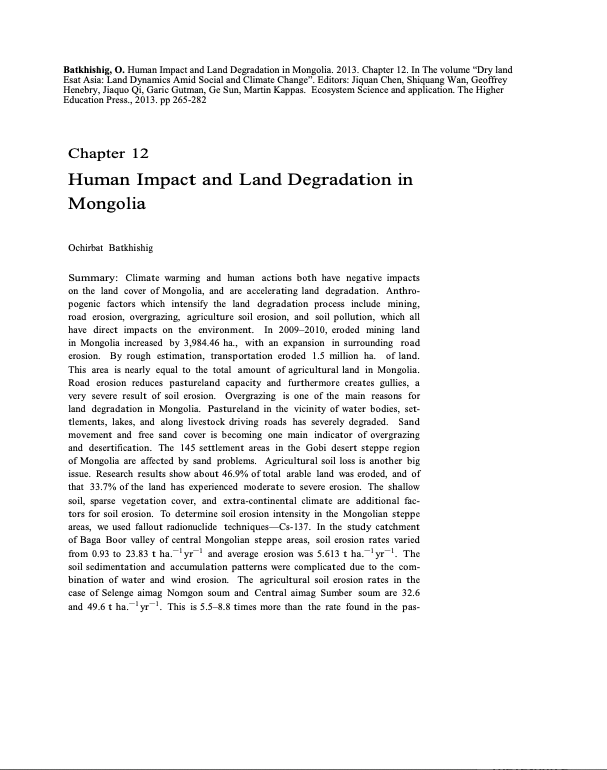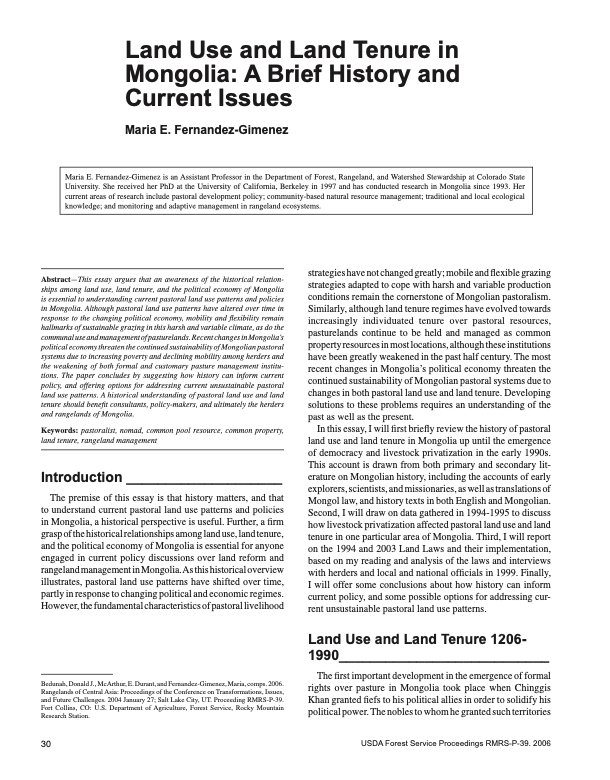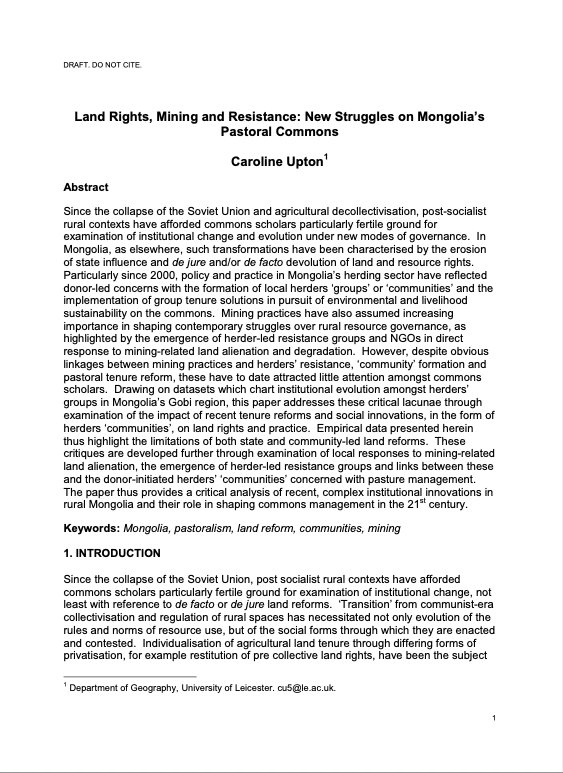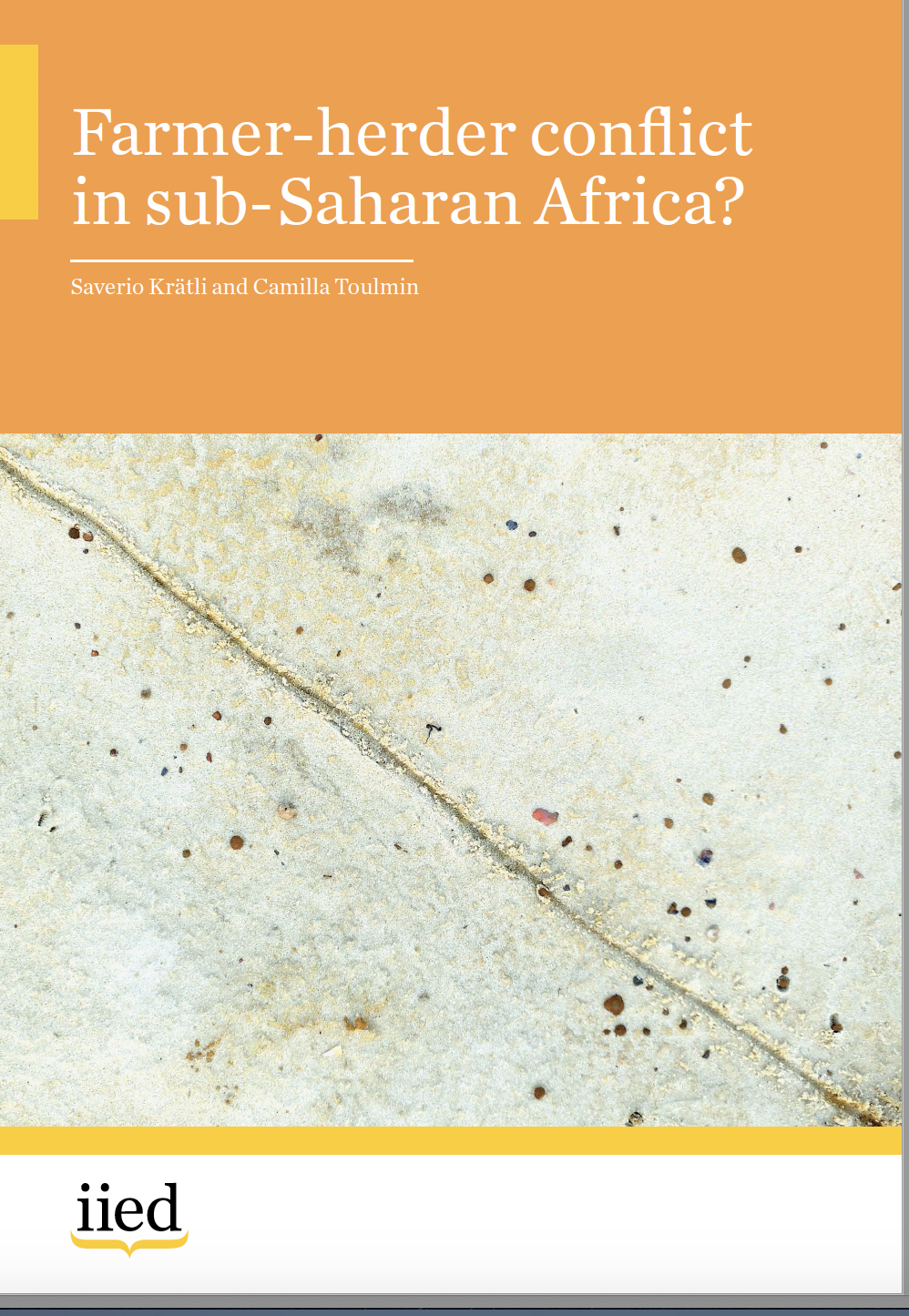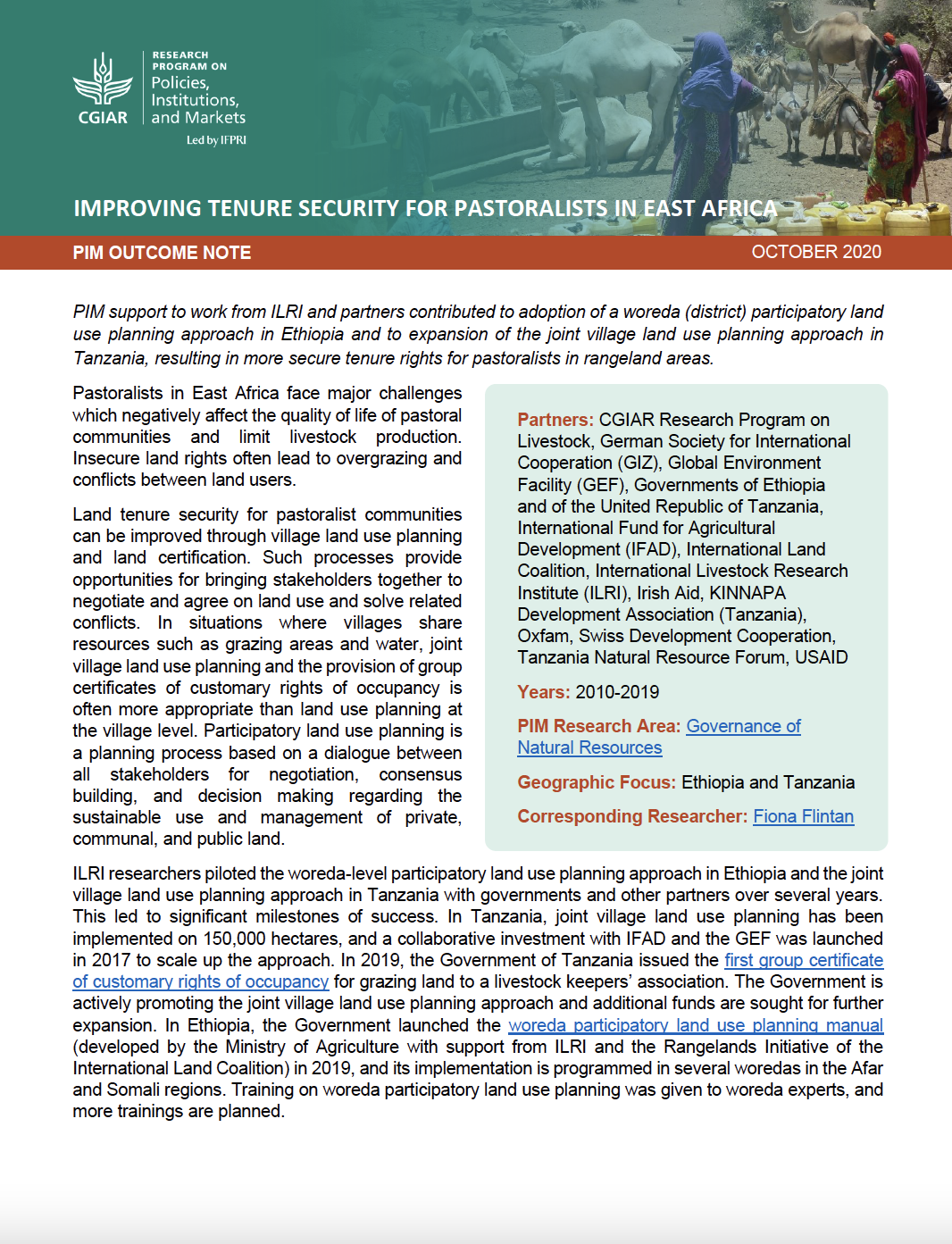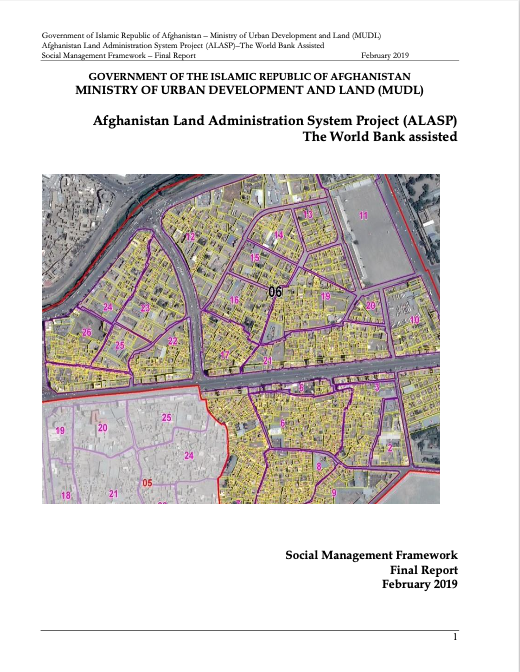Rangelands Communities Exchange Conference: Community resource management in Kenyan rangelands
In January 2018, the Rangelands Association of Kenya and ILRI partnered to host the Rangeland Communities Exchange Conference. ILRI’s support to the conference was undertaken through the 'Restoration of degraded land for food security and poverty reduction in East Africa and the Sahel: Taking successes in land restoration to scale' project. The conference facilitated community-to-community exchange of knowledge on rangeland management practices and on the ways in which management and governance frameworks interact with these practices.



